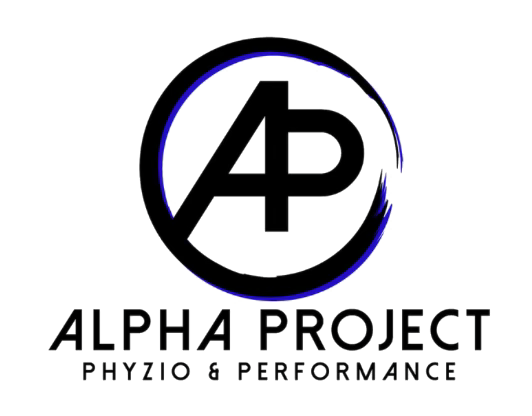Beginner’s Guide to Hyrox Training
Hyrox is rapidly gaining traction in fitness communities—especially among CrossFitters. If you’ve been in a functional fitness gym lately, you’ve probably heard it mentioned.
But what is Hyrox, and how do you train for it? For those who are interested in this high-intensity competition, this guide will walk you through the basics of Hyrox, including what to expect, how to train, and how to stay injury-free while maximizing your performance.
What is Hyrox?
Hyrox is a high-intensity race that alternates between running and functional workout stations. The format includes eight different workouts, each separated by a 1,000-meter run. The stations include:
SkiErg - 1000m
Sled Push - 50m
Sled Pull - 50m
Burpee Broad Jumps - 80m
Rowing, Farmers Carry - 200m
Sandbag Lunges -100m
Wall Balls - 100 reps
The competition combines the intensity of functional training and endurance, testing speed, strength, power, agility – and mental resilience. Because the race can be challenging and grueling – both mentally and physically – training for Hyrox is important. Following a regimented plan of exercises will help improve performance for your next race.
Getting In Shape for Hyrox
Jumping into a Hyrox without the proper preparation isn’t recommended.
Training for Hyrox means building strength, increasing endurance, and learning to perform under fatigue. Unlike traditional CrossFit, Hyrox places a heavy emphasis on running—making it the key differentiator.
To effectively train and reduce risk of injury, you should follow a structured plan. Here are a few exercises and workouts to include:
1. Hyrox-Specific Workouts
If you want to get started in Hyrox workouts, here are some examples of workouts and ideas you can use. Think of mixing and matching these different movements.
Run 600 meters, row 300 meters, run 600 meters, and have 2-minute breaks in between. Repeat three sets
Sled push 100 feet, ski erg 400 meters, sled pull 100 feet. 2-minute break in between sets
100 feet farmer carry, 20 Wall Balls AMRAP 20 minutes
The possibilities are endless, and that's what makes it exciting!
2. Lifting Exercises
However, there is more than just burning the engine every day. You need to have lifting and strength days.
The lifting will assist in pushing the sled, carrying the weight, pulling the ski erg, and performing wall balls.
Some example lifting days exercises can include but are not limited to:
Bulgarian Split Squats
Back Squats
Deadlifts
Kickstand Deadlifts
Bent Over Rows
Dumbbell Bench Press
Pull Ups
3. Strength training workouts
Strength training is key to staying healthy and performing as a runner. The same can be said for Hyrox. If you only run, you'll have a rough time in every other event besides running.
Here's a cheat code! Perform your strength training with your heart elevated. Perform 1 minute or 2 of junk cardio (running or machine) and then Bulgarian split squat. Then, kickstand deadlift and perform push-ups. When your body is challenged during Hyrox, you'll be glad you trained it to produce strength with an elevated heart rate!
Closing Out: Hyrox Training
As Hyrox continues gaining momentum, and more athletes interested in competing, proper training will be key to surviving and thriving in this demanding competition. With the right mix of endurance, strength, and smart recovery, you'll be ready to take on the challenge head-on.
At Alpha Project Phyzio, we’re more than just a physical therapy practice — we’re your performance partner. Whether you're training for your first HYROX or pushing for a podium finish, we can help you hit your personal peak.
Here’s how we can help with your Hyrox Training:
Running Form Assessment
Injury Prevention Assessment
Mobility Training
These can be in person or virtual!
With three clinic locations in Maryland, including Gaithersburg, Columbia, and Frederick, we specialize in helping HYROX athletes of all levels gain mobility, build strength, and recover from injury — so you can train harder, race stronger, and stay pain-free while doing it.
If you'd like to continue learning more about staying healthy and performing at your best as a runner or Hyrox athlete, click below to be added to our free newsletter. This goes out every week.


